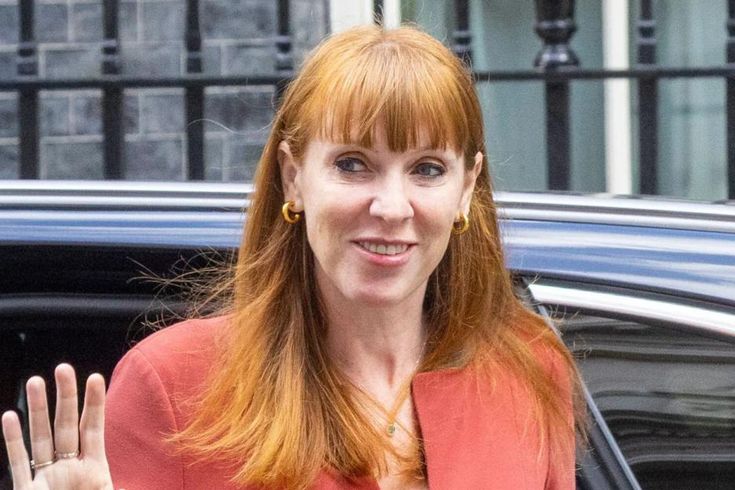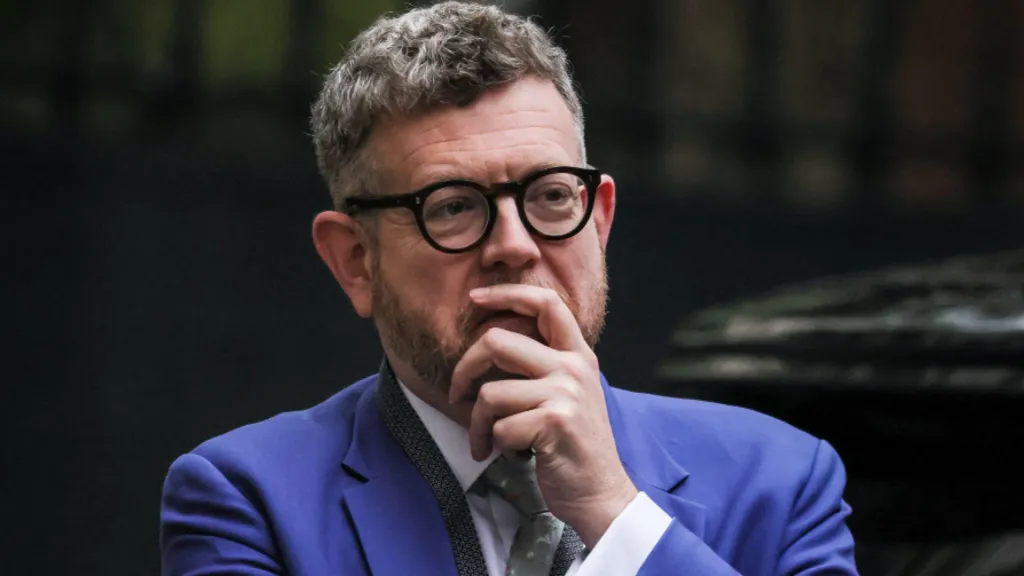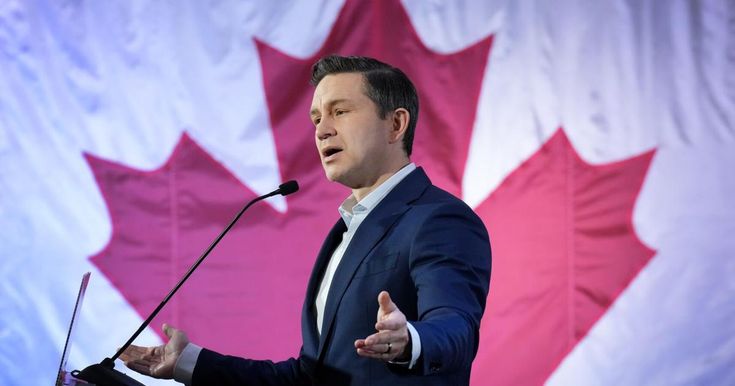Rayner replacement discussions are dominating the Labour Party after Angela Rayner resigned as deputy leader following a tax controversy. Former deputy leader Harriet Harman has insisted that the successor should be a woman from outside London, arguing that such a choice would broaden Labour’s reach and galvanize the party at a critical moment.
Why the Rayner Replacement Matters
Rayner’s resignation has left a significant void in Labour’s leadership structure. Seen as both deputy prime minister and deputy leader, Rayner played a vital role as a bridge between the grassroots and the government. Her sudden exit over underpaid stamp duty triggered a reshuffle and an urgent race for her replacement.
The Rayner replacement contest is not just about filling a vacant position—it is about shaping the future direction of the party and addressing concerns of inclusivity, representation, and regional balance.
Harman: Deputy Must Be Female and Beyond London
Speaking to BBC Radio 4’s Today programme, Harriet Harman emphasized that the Rayner replacement must be a woman from outside London.
“I think that, in terms of extending the breadth of the leadership, it probably needs to be somebody from outside London and it definitely needs to be a woman,” Harman said.
She stressed that the deputy leader should not act as a counterpoint to Keir Starmer, but as a complement—someone who can “broaden the reach of the leader and galvanise the party.”
Harman described Rayner’s resignation as both “dismaying and disappointing,” but noted that moving swiftly was the right step for a party in government.
How the Deputy Leadership Race Will Work
The Labour National Executive Committee (NEC) has approved a fast-tracked schedule for the Rayner replacement contest.
- Nominations open Tuesday, requiring at least 80 MPs (20% of the parliamentary party).
- Candidates must then secure either support from three affiliates (including two unions) or 5% of local party groups.
- Party membership will vote between 8 October and 23 October, with the result announced on 25 October.
NEC member Abdi Duale defended the rapid timeline, warning that a long contest would be financially irresponsible and distract from government priorities ahead of next year’s elections in Wales, Scotland, and across England.
Early Contenders for the Rayner Replacement
The Rayner replacement race has already drawn attention from several Labour figures:
- Dame Emily Thornberry, chair of the Foreign Affairs Committee, has hinted at a bid after being excluded from Starmer’s government.
- Louise Haigh, former transport secretary, called for an “economic reset” but has yet to formally declare her candidacy.
- Lucy Powell, former Commons leader, is being discussed as a possible contender, especially for her Northern roots.
- Rosena Allin-Khan, an NHS doctor and MP, has been floated as a potential candidate.
Meanwhile, Shabana Mahmood, recently appointed home secretary, has ruled herself out, saying her priority is national security.
Balancing Labour’s Cabinet After Rayner
The Rayner replacement debate is also tied to broader concerns about balance in the Labour leadership. Andy Burnham, Mayor of Greater Manchester, argued that the Cabinet risks appearing too “London-centric” after Rayner’s departure. He has called for a Northern voice to ensure better regional representation.
The reshuffle that followed Rayner’s exit included major moves: David Lammy became deputy prime minister, Steve Reed took over housing, and Yvette Cooper was promoted to foreign secretary. Alongside Chancellor Rachel Reeves, the UK now has three women in its top Cabinet roles—a historic milestone.

Conclusion: Stakes for Labour’s Future
The Rayner replacement contest is more than a leadership reshuffle—it’s a test of Labour’s identity and inclusivity under Keir Starmer’s leadership. Choosing a woman from outside London, as Harriet Harman suggests, could strengthen the party’s appeal across regions and demographics.
With the deputy leadership election set to conclude by late October, all eyes will be on how Labour balances internal unity, regional representation, and its public image ahead of the next general election.
📌 Source: BBC



